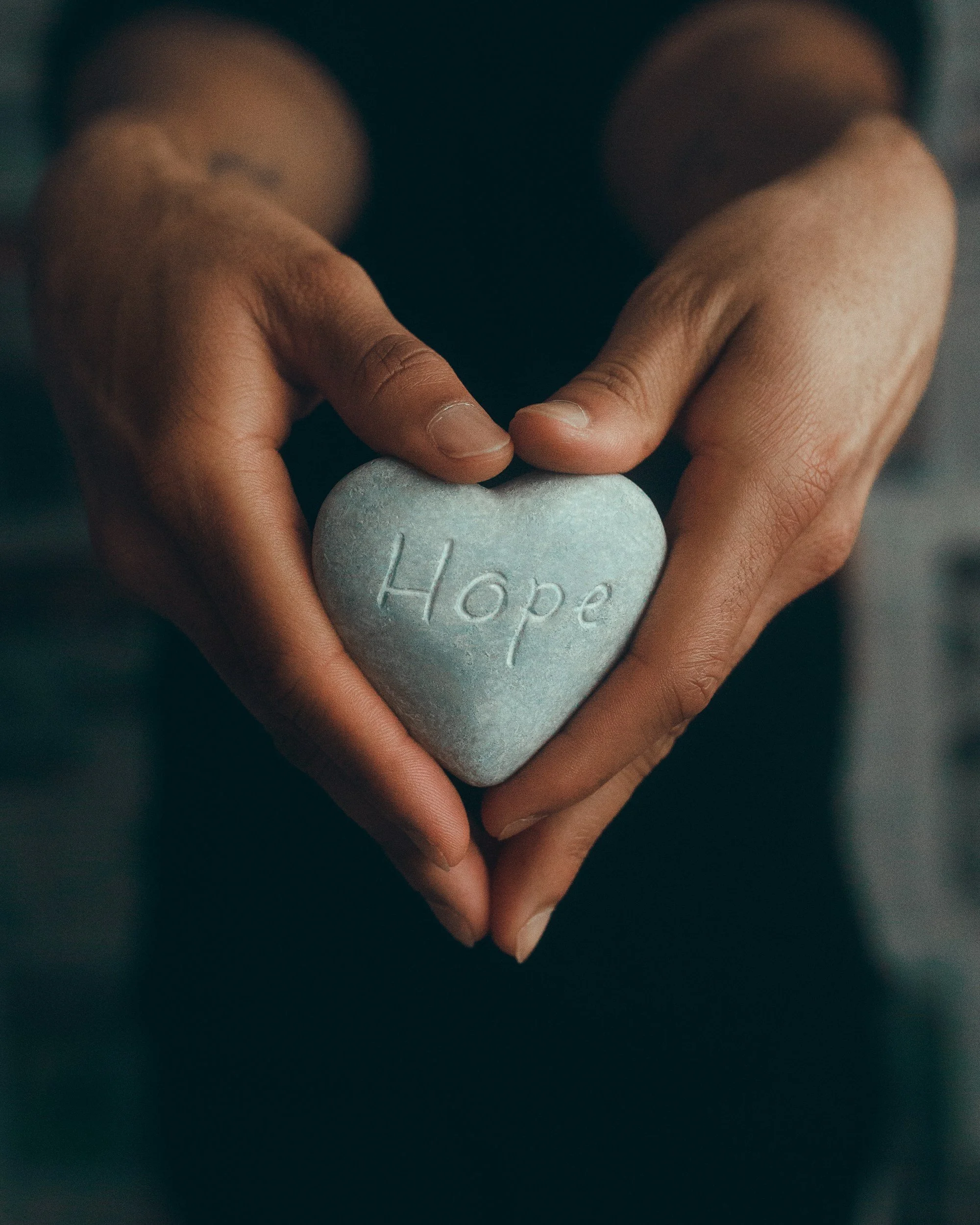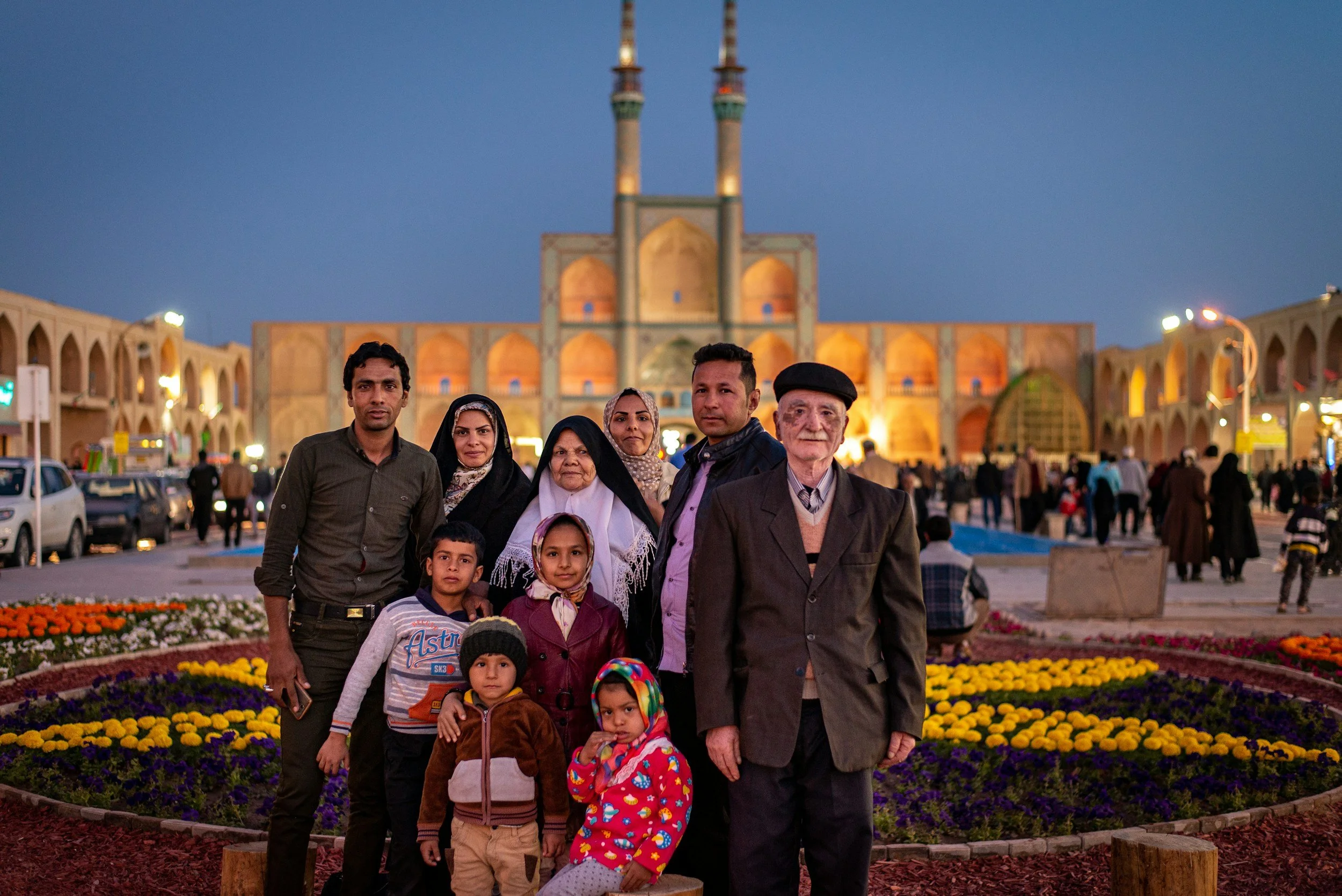Stories of Hope: Women in Islam Overcoming Emotional Hardship
Emotional pain is a universal part of the human journey. Islam does not deny this reality; rather, it dignifies it. The Qur’an and authentic Sunnah preserve the stories of noble women who experienced fear, loneliness, grief, slander, and emotional exhaustion — yet they were never abandoned by Allah.
These women were not honoured because of their pain, but often due to their patience, sincerity, and reliance upon Allah. Their lives remind Muslim women today that emotional struggle does not diminish Iman. Instead, it can become a doorway to divine closeness, healing, and honour.
The Role of Family in Supporting Mental Health
When the Prophet Muhammad ﷺ received his first revelation in the cave of Hira, he returned home, with the muscles between his neck and shoulders trembling, overwhelmed with fear and uncertainty. In that moment of mental distress, did our beloved Messenger ﷺ retreat into solitude? No. He ﷺ went to family. He ﷺ went to a loved one. He ﷺ rushed to his wife, Khadijah ( رضي الله عنها) and asked her to cover him, seeking the comfort and safety that only family can provide. Our own Prophet ﷺ showed us the strength it takes to be vulnerable and to confide in your loved ones when we are overwhelmed. He said “O Khadija! What is wrong with me? I was afraid that something bad might happen to me.”
The Impact of Spiritual Guidance on Mental Health
Growing up, mental health was a topic that was never spoken about. At home, in school, in madrassah and even in the wider community, it was considered a taboo. Many people viewed struggling with your mental health as a sign of weak Iman leaving those that were struggling feeling disconnected to themselves, their faith and most importantly, to Allah.
So, what is mental health? What is spiritual guidance? And is there a connection between the two?
Could You Be Living in Survival Mode and Not Even Know It?
Have you ever felt like no matter how much rest you get, your mind never really relaxes? You’re constantly planning, anticipating, or worrying about what might go wrong next. Maybe you’ve told yourself, “I’m just a busy person,” or “this is just life,” or even “everyone is busy.”
But what if it isn’t just busyness? What if you’ve been living in survival mode for so long that busyness has become your “normal”? What if stress, anxiety and feeling overwhelmed have become your “normal”?
How to Build Your Own Support Network as a Muslim Woman
Before working on your support network, it’s important to reflect on your needs and the kind of support you need most. Are you seeking sisterhood? Are you looking for emotional support? Are you looking to socialise and meet like-minded people who you can build friendships with?
Knowing your ‘why’ helps you create connections that are sincere, meaningful, and lasting. Journalling using prompts like:
What do I need most?
What kind of support do I wish I had from others?
can help you understand what might be missing and guide you towards the support you need most.
4 Ways to Build a Better Relationship with Allah
In any relationship, communication is key. The same applies to our relationship with Allah — but with one difference: Allah already knows what is in our hearts. We don’t speak to Him to inform Him, but to connect with Him.
Many people think of talking to Allah as something reserved for prayer times or moments of crisis. But what if we made it an ongoing, daily habit? You can speak to Allah in your own language, wherever you are. Share your hopes, your worries, your gratitude, and even the small details of your day.
7 Islamic Ways to Look After Your Mental Health
Islam does not discourage fun or personal joy. Finding halal pleasures in life is encouraged and can be deeply healing. Laughing, creating, spending time with loved ones, enjoying nature, or simply taking a break are all essential parts of emotional wellbeing.
The Prophet ﷺ was known for his gentle nature. He smiled often, played with children, and made time for rest, even amidst great responsibilities. He taught us the importance of balance, not only in worship, but in caring for the self.
11 Practical Steps to Improve Your Mental Health as a Muslim Woman
In today’s fast-paced world, Muslim women often find themselves navigating multiple responsibilities at once. We are daughters, wives, mothers, professionals, caregivers, and leaders in our communities. While we carry these roles with grace and strength, we sometimes forget a vital truth: safeguarding our own mental health is not just important—it is a sacred duty.
The Importance of Empathy in Muslim Mental Health
From this single ayah, we’re reminded that empathy isn’t just a noble trait — it’s part of Prophetic character. It’s not weakness to feel deeply for others. It’s faith in action. Showing kindness and mercy, especially to those who are mentally or emotionally struggling, is a powerful way to walk in the footsteps of the Prophet ﷺ.
How To Heal Unhealthy Attachments: Understanding Overgiving & Boundaries.
If you’ve ever struggled with overgiving, emotional imbalance, or relationships that leave you feeling drained, know that you are not alone. Healing is possible. Peace is possible. And it begins with awareness, boundaries, and a deep commitment to valuing your own heart.
You are worthy of a relationship that brings you peace, not pain. And you are allowed to say no to anything that costs you your joy.
How to Think Positively as a Muslim Woman
No matter how optimistic we are, life will test us. Islam does not ask us to deny our feelings. Sadness, fear, and frustration are all part of the human experience. However, it teaches us how to process those emotions in a healthy, faithful way. "Do not grieve; indeed Allah is with us." (Qur'an 9:40) This verse, revealed during one of the most tumultuous periods in the Prophet's life—the migration to Madinah—is a profound reminder that Allah’s presence brings comfort, no matter the difficulty.
The Power of Dua for Healing: A Journey of Patience and Trust
Dua is one of the most powerful acts of worship, a means through which we seek Allah’s mercy, guidance, and healing. The Qur’an reminds us of Allah’s promise: "Call upon Me; I will respond to you." (Qur’an 40:60).











